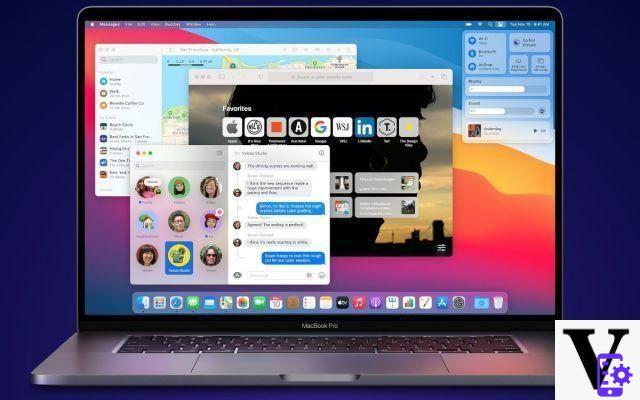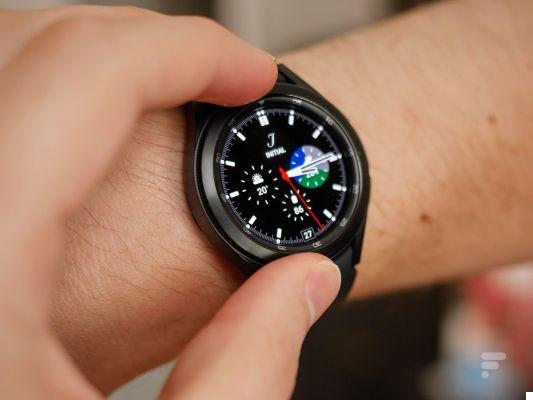Probably all of us, regardless of individual reading habits, will have asked ourselves at least once what is the diffusion of eBooks.
Has the digital book market acquired a good chunk of the reading audience? Who, and why, prefers the electronic book to the paper one?
Let us try to analyze all the main aspects of the matter.
A brief history of the digital book
Before investigating the diffusion of eBooks, let's do one brief history of a way of reading that does not agree with everyone even on the name. In addition to being indifferently called eBook or e-book, in Italy they are equally often referred to with the phrases digital book and electronic book.
The origins
We have recently heard of eBooks and eReaders (or e-readers to make life a little more complicated). Nevertheless the birth of the electronic book, also controversial, dates back to several decades ago.
Let's say that the majority of experts in the sector identify 1971 as the symbolic date, when Project Gutenberg got underway. It was an initiative by computer scientist Michael Hart, with the aim of creating a large searchable archive of digital versions of the books.
Ma the real zero years for the diffusion of eBooks are two. The first is 1998, with the launch of the Rocket eBook and SoftBook readers on the market. The second is in 2000, when Stephen King put his short story Riding the Bullet on the Internet - downloadable for free. 500.000 downloads in 24 hours seemed to have marked the beginning of a new way of reading.
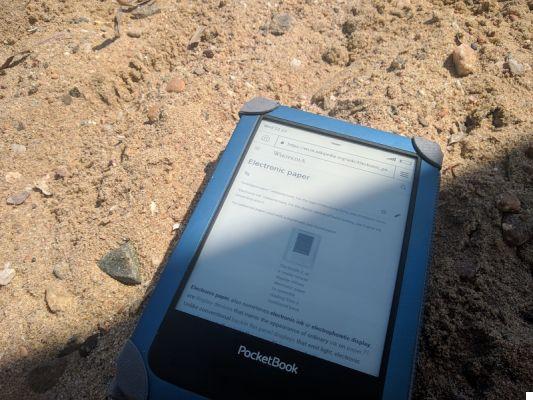
Data up to 2018
The first years of the new millennium were important for the take-off of e-books: from 2002 to 2008 the global market went from 5,7 to 52,4 million dollars, with a growth of over 800%.
We come to 2018, when an international report highlighted Italy as the fourth country in the world for hours of eReader reading behind Canada, Holland and France.
The diffusion of eBooks during the lockdown
How easy it was to suppose, the world pandemic and the consequent restrictions have, on the one hand, brought down the paper book market and, on the other, caused the digital market to take off. During the first lockdown, sales of traditional books fell by 50%, while the increase in e-books touched peaks of + 70%. This is due to meritorious initiatives such as the culture bonus and #ioleggoacasa, reinforced by the fact that many publishers periodically made one or more free titles (strictly digital) of their catalog available to the public.

EBooks Today: Is It Real Glory?
Has the eBook market therefore definitely taken off? Well, no. Or better: never really.
Especially in Italy, and this apart from the ancient (true) question for which Italians read little. A survey by the Italian Publishers Association, with the collaboration of Pepe Research, reports that in October 2020 the percentage of fellow citizens who declared that they had read at least one book in the last twelve months was 61%, compared to 58% in the same month of 2019. The percentage is small, the increase is small, despite the very particular period.
As regards specifically digital, a study by the Italian Publishers Association tells us that the digital market in 2020 comprised 7,4% of the total. The analysis shows how eBooks, in the year in which - as we have said - every advantage went to the electronic book, and every difficulty to the paper one, had an increase of 34%. Without forgetting, however, digital is also composed of audio books, which - they did - in 2020 had a real boom: + 94% compared to 2019. And it is understandable, given the discreet company that an audio book can give to users, especially in these months so psychologically difficult.
Ma we do not believe that today the diffusion of eBooks, with that 7,4% to be shared with audiobooks, can be considered a success. Especially for the triumphal welcome that the world of digital reading had at the beginning of the new millennium.
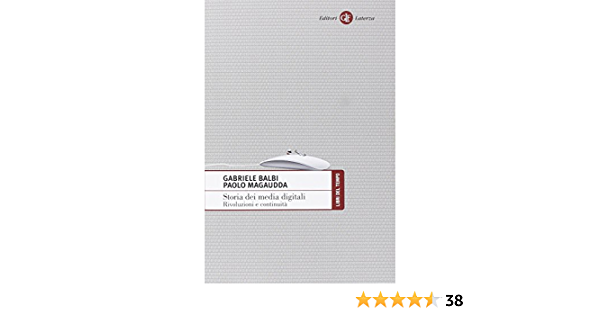 Download QR-Code History of digital media. Revolutions and continuity Developer: Unknown Price: unknown
Download QR-Code History of digital media. Revolutions and continuity Developer: Unknown Price: unknown
The reasons for the lack of success
The answer hypotheses can be varied. In the meantime, some psychological resistance from strong readers. To the category, of which the author of this article belongs, the immateriality of the electronic book is not entirely convincing. But it is not just a romantic discourse: those who renounce the e-book, or in any case limit their relationship with eReaders, do not do so only because they are unable to separate themselves from the scent of paper.
There are also practical reasons. Although all digital book readers now have a system of bookmarks, vocabularies provided, etc., those who read assiduously (even more so if for professional reasons) can move easily between the pages of a volume only thanks to personal underlining, post -it and other reminder signs. Including the mythical "ears".
And speaking of pages, with eBooks it is practically impossible to read for editorial purposes, because there is no possibility to refer to a particular page.
Finally, not a secondary notation, today - in a legal way but not only - you can download almost any book in electronic version at a cost close to zero. This puts in place a sort of compulsion: the rush to download as many titles as possible, until we create a digital library that we will never have time to read. Exactly as it happens for the download of music on digital support.
The feeling is that the eBook is and will remain a very valid support to be exploited together with the traditional book. The eReaders are comfortable, ecological, allow you to read in complicated conditions. A trivial example: you are in someone else's house, or in a room of an accommodation facility unfortunately without a lamp. We will not be able to read a book while we may be reading an eBook.
Yet, as we recalled in another article (albeit on a different subject), Umberto Eco was right. Whom wrote that "The book is like the spoon, the hammer, the wheel, the scissors: once you've invented them, you can't do better." And, we add, you cannot replace them.







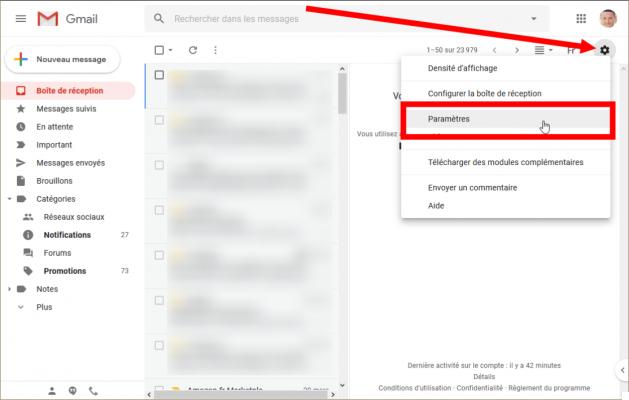

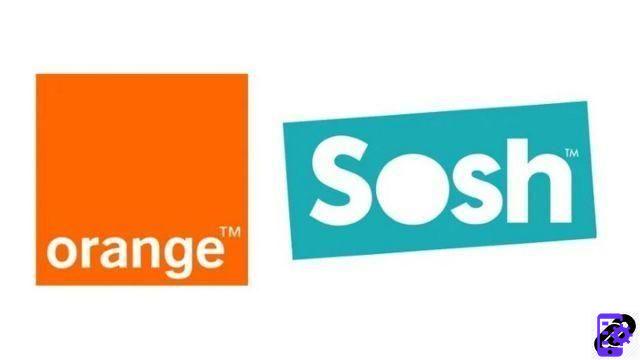



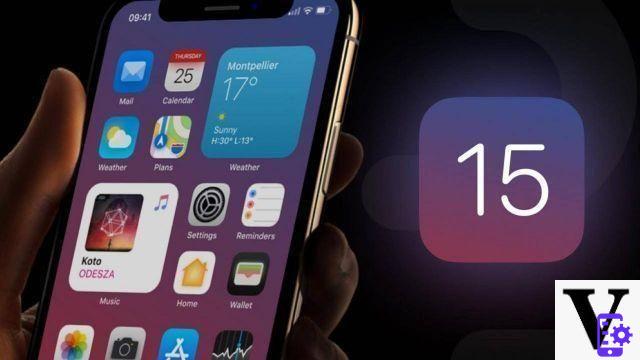

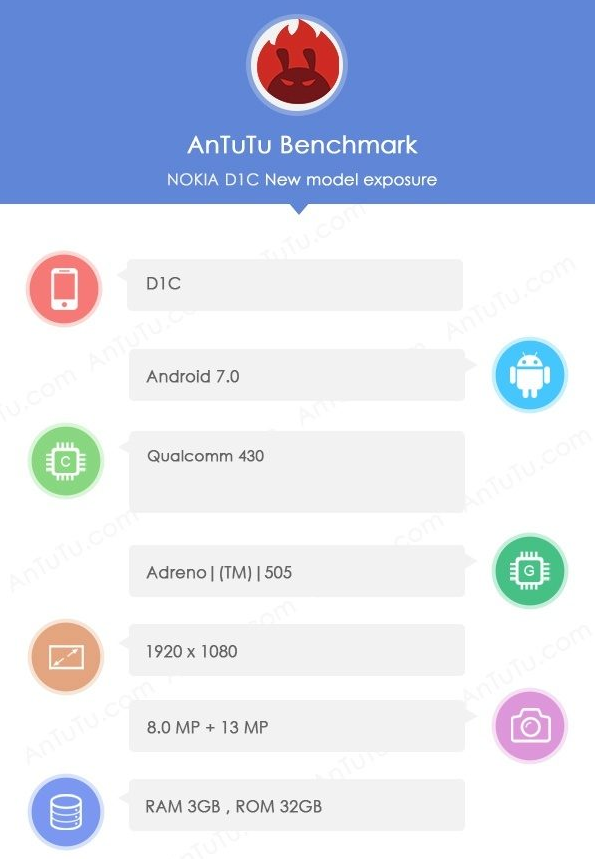

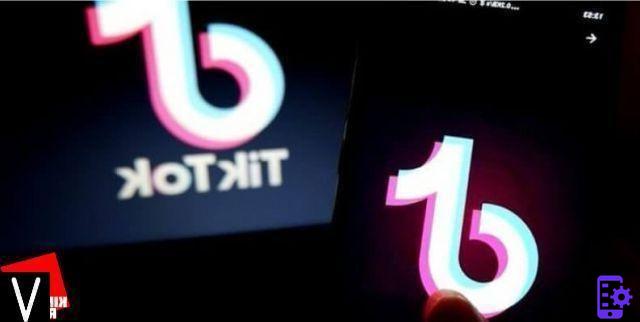
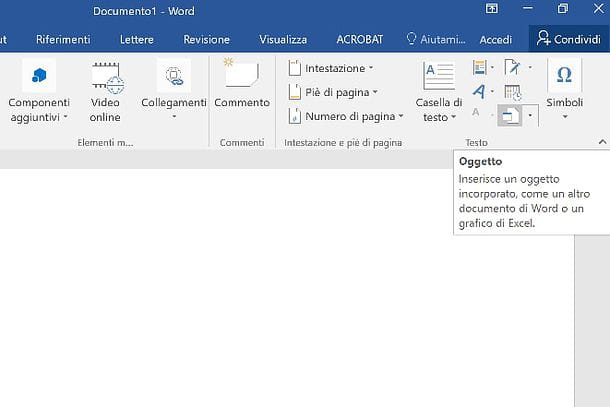
![[Review] Samsung Powerbot VR7000: the robot vacuum cleaner from Star Wars](/images/posts/6bc44de38605b5c0fa12661febb1f8af-0.jpg)



